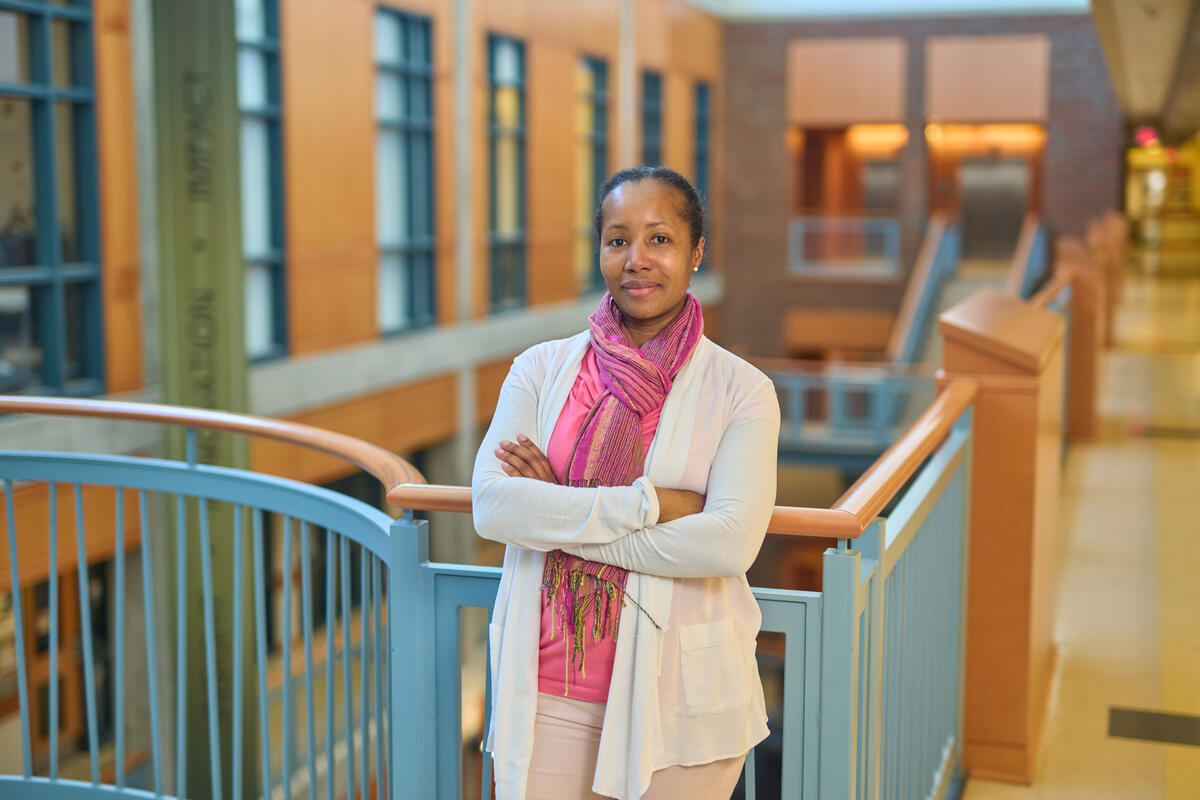
by Lucas Johnson
There was a time when Audrey Bowden, Dorothy J. Wingfield Phillips Chancellor’s Faculty Fellow and associate professor of biomedical and electrical engineering, questioned whether to pursue a doctorate. The desire was there, she just needed some guidance.
“Nobody in my family had a Ph.D., and I didn’t have any role models of how to do that,” she recalls. “So, I thought the best that I could do was maybe get a master’s.”
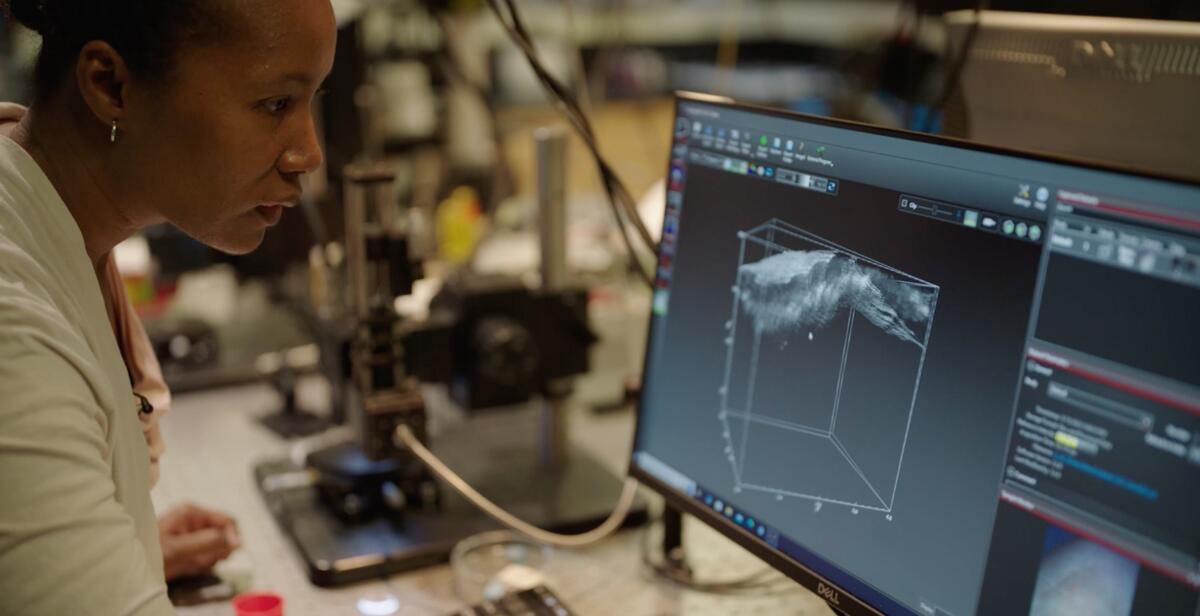
But she had some mentors who encouraged her to go further, and show her, “here’s how you do it,” says Bowden, who went on to earn a doctorate in biomedical engineering from Duke University and complete postdoctoral training in chemistry and chemical biology at Harvard University.
Now, the esteemed researcher, who was featured in the recent premier of Vanderbilt University’s Quantum Potential series, is a mentor in her own right. Her work encouraging students as they seek to become top researchers—as well as providing tools for academic institutions seeking to achieve more diversified faculty hiring—is nearly as important to Bowden as scientific research itself.
“Mentoring is critically important,” says Bowden, who took a year to teach math and computer science in Southeast Asia before starting her doctorate. “Mentors are the people who come alongside you, see something in you, and say, ‘hey, let me show you how to do this.’ Or, ‘let me show you this thing that you haven’t seen before.’ And they help you get some place that you might not have known existed.”
To Bowden, though, mentoring goes beyond simply offering random bits of guidance. Her teaching philosophy involves “structured processes,” a concept Bowden adapted from her advisor during her postdoctoral work at Harvard.
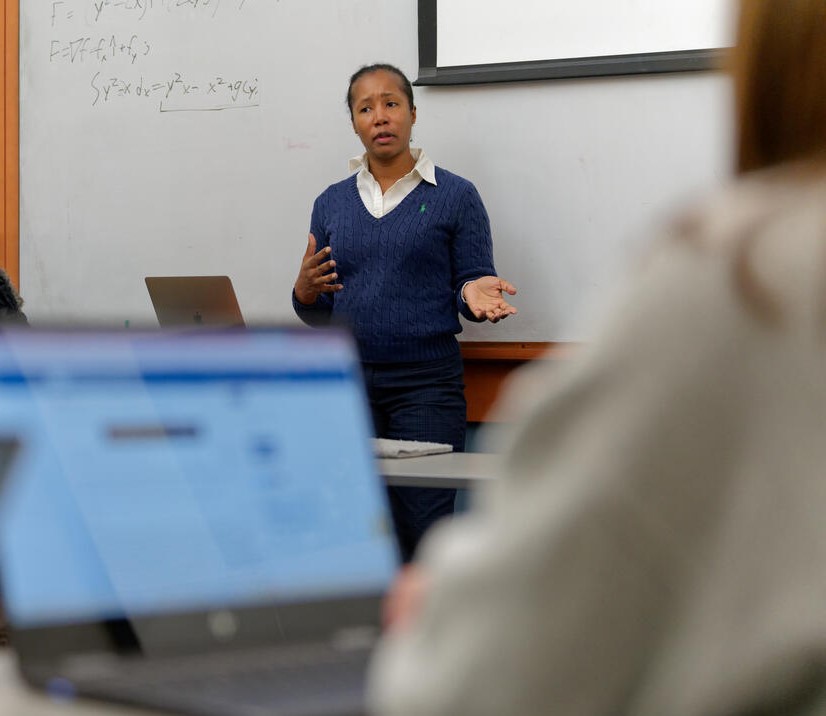
“If I ask you to do something, I’m not going to tell you what you need to do,” says Bowden. “But I’ll put a framework together to help guide you, that will say look for these resources; here are the topics you should focus on.”
Shuang “Grace” Chang is a fifth-year doctoral student in Bowden’s lab, which is focused on research around biomedical optics, microfluidics, and point-of care-diagnostics. Chang’s work involves early detection of bladder cancer with optical tools. She says Bowden has helped her advance both in the lab and outside of it by assisting her with aspects of career development.
For instance, Chang says when she was looking for a job, Bowden offered to review her resume and write recommendation letters. She says Bowden also played an important role in securing a distinguished RADx® Tech DIVE fellowship, which helps underrepresented innovators commercialize their health technologies.
“Dr. Bowden told me about this fellowship program and asked if I was interested in applying to also become a fellow and work on a project together,” says Chang. “I applied and got into the program. Through this program I learned a lot about moving HealthTech solutions towards commercialization.”
Other faculty at Vanderbilt, like Justus Ndukaife, assistant professor of electrical and computer engineering, agree helping students with their personal and professional development makes them far more competitive in the workforce.

“I help students hone their communication skills,” says Ndukaife. “I guide them on how to prepare and give terrific presentations at conferences so that they can be recognized as emerging leaders in the field who not only do outstanding research, but who can also communicate about their work to the larger community.” The work pays off, Ndukaife says. Students graduating from his lab have received high-profile placements even before graduating.
Bowden’s guidance goes beyond the lab and career, Chang says. She “shares her insights about managing time and finances, which are both important lessons for graduate students like me.”
Chang says such attention and guidance has inspired her to want to help others. So far, she has mentored three high school students and six undergraduate students. One of those students is Greyson Wintergerst, a junior at Vanderbilt majoring in computer science and neuroscience, who has found himself also starting to mentor.
“Whether this includes getting others involved in reaching out to external resources or providing insight into discussion and event planning, I have become a mentor for others,” Wintergerst says.
Mentoring to Diversify
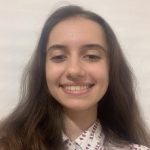
In addition to her work as a researcher, Bowden is part of a team of biomedical researchers from 16 top engineering programs that has developed a set of processes that helps eliminate traditional barriers to historically excluded groups pursuing academic careers in biomedical engineering.
Bowden considers the so-called “hiring roadmap” an aspect of mentoring, in that it’s a guide to help institutions and their departments create more supportive and inclusive environments for faculty—and students—particularly those from historically underrepresented groups who may be drawn to faculty that resemble them.
“There are many reasons why people seek out those who look like them,” says Bowden. “It could be on the basis of ethnic identity, it could be on the basis of racial identity, it could be gender identity. This is why it’s important to have people who represent all of those things: so that everyone can find somebody. Diverse representation contributes to building a welcoming community.”
Freshman civil engineering major Esma Kica says a summer program at Vanderbilt for incoming engineering students, many of whom are the first in their families to attend college, made her feel welcomed. She says the mentoring component of the Fall Early Start Transition (FEST) I V A L program has inspired her.
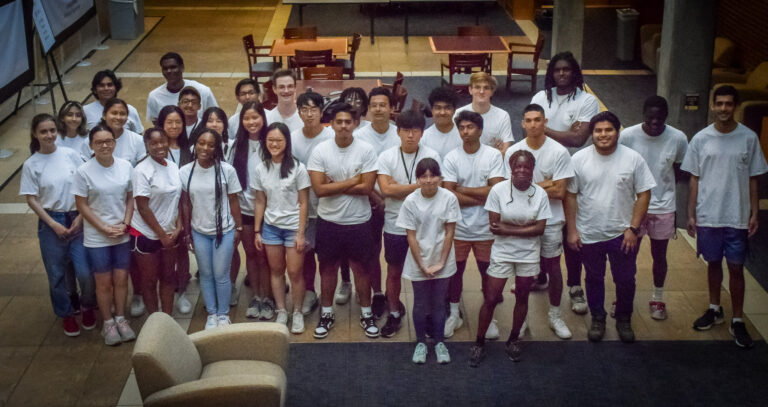
“During FEST, they were more than just mentoring us, they were guiding us and giving advice on the social aspect of college,” says Kica. “I can say with confidence, including the opinions of the other FEST kids, every single one of us felt so much more prepared and ready to start this journey. In the future, I definitely see myself mentoring someone because I want to also be able to grow and share my struggles to help others who will be where I’ve been.”
Sean Gentry, another FEST participant, agrees.
“My goal in life is to change others’ lives like my community changed mine,” says Gentry, a mechanical engineering major. “I had many people, friends, family, family friends, and others invest so much into me without expecting anything in return. I want to be a part of the network that grows someone else into greatness.”